AUTRES INSECTES
OTHER INSECTS
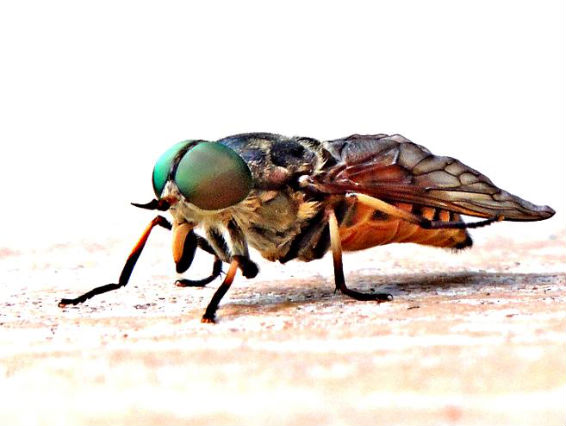
Taon tabanus bovinus
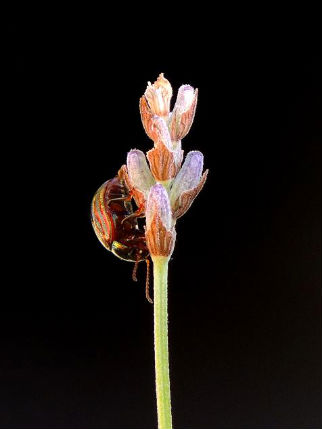
Chrysomèle du romarin (Chrysolina americana) sur un brin de lavande
Rosemary beetel on a stalk of lavander
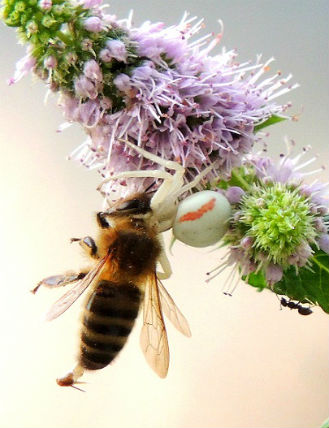
Misumena Vatia (Thomise variable) attaquant une abeille
Misumena Vatia attacks a bee
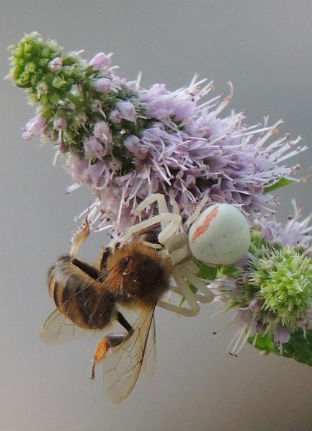
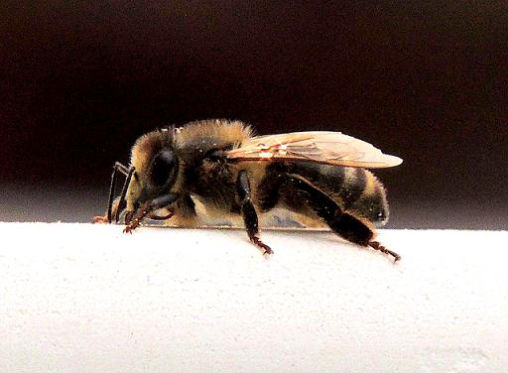
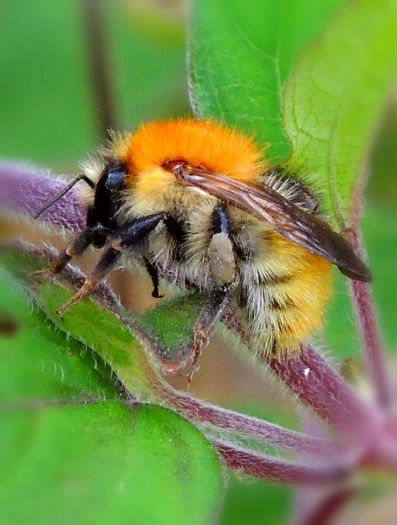
| Les insectes... combien dénombre-t-on d'espèces dans le monde ? Personne ne le sait... les chiffres varient entre 1,5 millions à plus de 4 millions... imaginez l'immense terrain d'exploration pour un observateur photographe... un vrai bonheur ! Quel plaisir de prendre le temps de les observer, et plus particulièrement leur mode de vie, surtout pour ceux qui vivent en groupe... (merci Bernard Werber, un de mes auteurs favoris) un pur régal ! Quand on entre dans le monde du petit, le micro-cosmos, on entre dans un autre monde jusqu'à se demander si nous, êtres humains, ne vivons pas chez eux tellement ils sont nombreux. Souvent invisibles, ils sont omniprésents dans les moindres recoins, y compris dans nos maisons. Nous devons nécessairement cohabiter. Pas loin de 200 millions d'années nous séparent, entre l'apparition du premier insecte sur Terre et l'apparition de l'homme. L'insecte a su résister à tout, y compris à Hiroshima, y compris à cette météorite qui a tout anéanti sur Terre exterminant les dinosaures... Entre l'espèce humaine (très récente sur Terre) et l'insecte, lequel des deux sera le premier à disparaitre et lequel survivra à l'autre? L'insecte est bien sûr bien plus armé pour résister à tout et à survivre, contrairement à l'espèce humaine, très vulnérable. Ce que je trouve de plus admirable, en dehors de toute cette variété, c'est la nécessaire interaction des insectes sur la flore (et réciproquement). Il est un maillon indispensable dans la chaîne alimentaire. Ce qui est passionnant, c'est d'observer la manière dont ils cohabitent et de me rendre compte que nous avons très souvent affaire à de vraies machines de guerre dont le temps est compté pour vivre... Je ne saurais trop vous encourager à prendre le temps d'observer l'infiniment petit, nous avons temps d'enseignements à en tirer, non seulement sur notre comportement, mais également sur la préservation de notre planète…. | Insects… how much do we count of species in the world? Nobody knows it… figures vary between 1,5 millions to more than 4 millions... Imagine the immense ground of exploration for an observer photographer… a real happiness! Which pleasure to take time to observe them, and more particularly their lifestyle, especially for those which live in a group... (thank you Bernard Werber, one of my favourite authors) a pure delight! When we enter the world of the micro-cosmos, we enter in another world. It makes you wonder if us, human beings, do not live in their home so much they are many. Often invisible, they are omnipresent in every nook and cranny, including in our houses. We inevitably have to live with them. Not far from 200 million years separate us, between the appearance of the first insect on Earth and the appearance of the man. The insect knew how to resist to everything, including Hiroshima, including this meteorite which annihilated everything on Earth exterminating dinosaurs... Between the human race (very recent on Earth) and the insect, which one will be the first one to disappear and which one will survive to the other one? The insect is more armed of course to resist to everything and to survive, contrary to the human, very vulnerable race. What I find of more admirable, except all this variety, it is the necessary interaction of insects on the flora (and mutually). It is an essential link in the food chain. What is fascinating, it is to observe their way of life and to report me that we very often have to deal with real machines of war which live is very short... I would like to encourage you to take time to observe the infinitesimal, we so much lessons to learn from the insects, not only on our behavior, but also on the conservation of our planet. |
